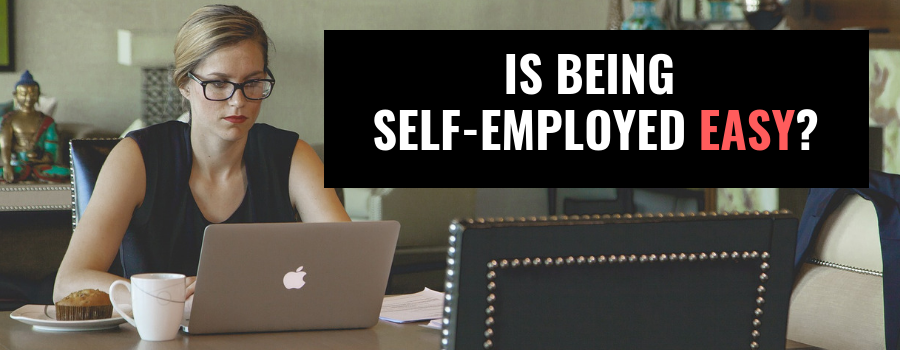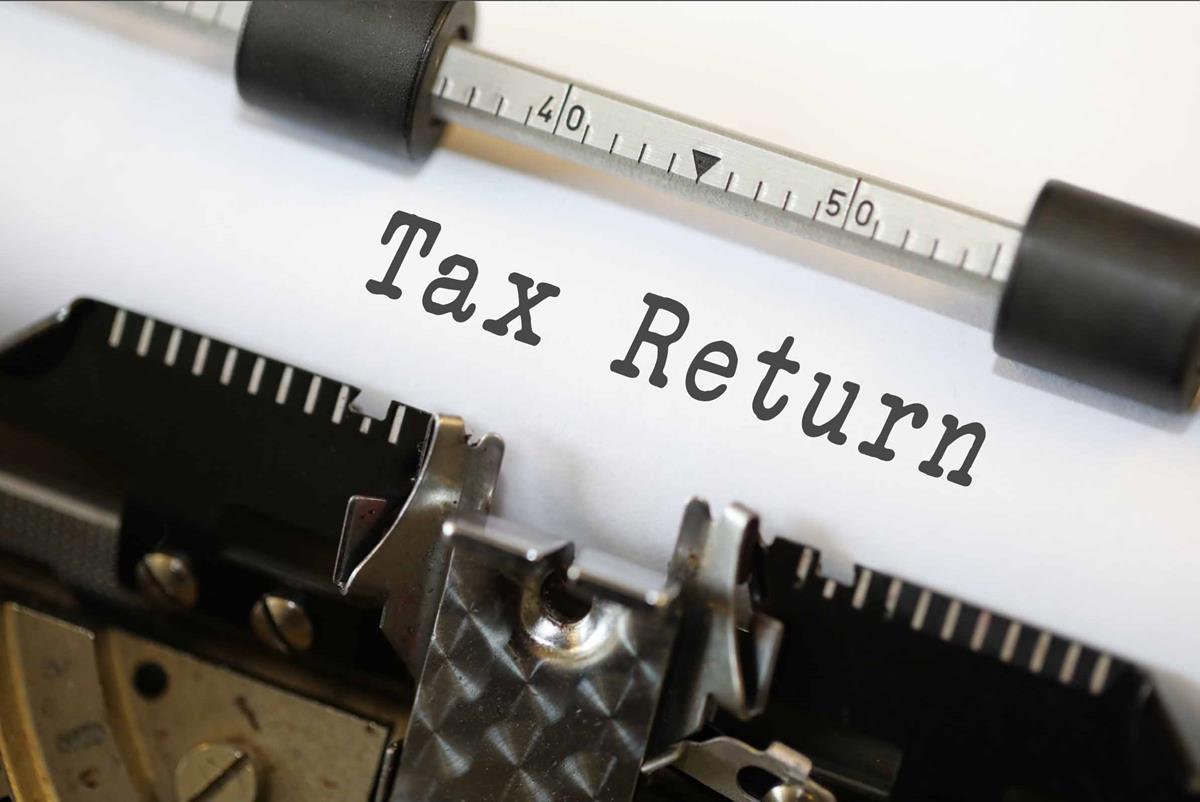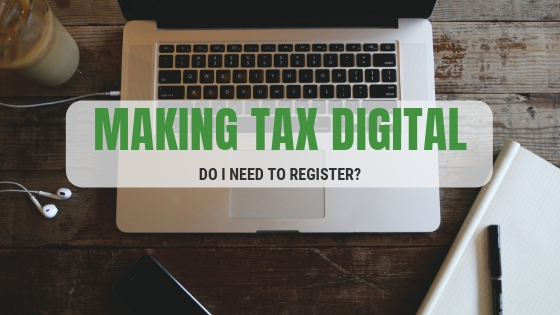
Searching for an Accountant
Rob says: “When I first started my own business back in 2004, one of the first tasks that I should have done is searching for an accountant. Why? Because having the right accountant on board from the start can help you structure your business in the most effective and cost efficient way.
I learnt the hard way and set my business up first … and then realised that I would need an accountant. That cost me dearly because I hadn’t structured my business in my favour! Lesson learnt!!”
So, if you should choose an accountant first, how can you find the right accountant for your business? What do you look for when searching for an accountant?
Did you know that anyone can call themselves an accountant? It isn’t necessary to have accountancy qualifications or any experience, so anyone, anywhere could wake up and decide “Today, I shall be an accountant!“. With that said, many people look for an accountant based on recommendation or a local search on the internet, because it’s clearly easier to have a local accountant (or even a recommended accountant) than have someone too far away… isn’t it? Just because the accountant has been recommended (John down the pub says his mate is a good accountant), does not mean that they are a good accountant or that they suit your business requirements.

1. Choose an accountant before you start your business
Choosing the right accountant before you start your business is beneficial when structuring your business plan. So first of all, it is wise to check to see if your potential choice for accountant has qualified through one of the accountancy bodies, such as: the Chartered Institute of Management Accountants, the Institute of Chartered Accountants or the Association of Chartered Certified Accountants. If your accountant has qualified through one of these bodies, you are in safe hands as they hold their members to account, so in the event of any bad practice, you have protection if things go wrong. And if you’re looking for assistance with your personal accounts, don’t leave it until the last minute – give yourself (and your accountant) plenty of time to iron out any issues before submission.
2. The right accountancy partnership
Does the accountant meet your business needs? For example, if you are a small start up and need a lot of assistance or hand holding, don’t engage an accountant or practice that mainly deal with larger organisations. See if you can put together a list of what you’re looking for and then match the accountant that ticks the most boxes.
3. The fee structure – how much will it cost to have the right accountant?
The accountancy fee structure can depend on the type of accountant. Look at how much they charge, do they offer fixed fees? Should they be an “old school” type of accountant, you will more likely be charged on an hourly rate basis. We suggest a fixed fee option, so that you know what you’re getting and how much it is going to cost. No surprises when the bill arrives at the end of the year. We offer our clients (and recommend) a Standing Order for the fixed fees as a standard business cost.
4. Your relationship with the accountant and the team.
Your accountant will be advising you on various business decisions and therefore you need to be able to trust them to take their advice on board and you should feel comfortable to be completely open about your finances. If you don’t have that feeling with the accountant or his team, maybe you should be searching for an accountant elsewhere. Choose the team that you “click” with – follow your instinct. How much or how little are they going to work with you? If they are only interested in preparing your annual accounts and tax returns, then maybe you should look for an accountant elsewhere, who is prepared to meet your business requirements. The relationship and contact with your accountant (and team) should be regular, and they should be more than willing to meet you at your premises – even if that means unsociable hours but mutually convenient.
5. Back Up – not data but personnel
If your preference is a small accountancy practice, you will need to find out what back up they have in place. For example, should a technical accounting query rear its head and the accountant needs to escalate, what support do they have, where can they go for further information or advice. If they are unable to answer this, you should be searching for an accountant elsewhere.
6. Teamwork – does the team work?
In many cases, you do not want the accountant to be doing all the day to day work as this should be done by the support team. As part of point 4, you need to be able to have a relationship with the personnel who will be delivering the administrative work on your accounts. It is always a good place to be when you are able to speak to the individual who knows about the detailed numbers of your business.
In conclusion, when searching for an accountant, think about this task before you start your business. Choose the right accountant that matches your business requirements, for the right fee structure and with an open and trustworthy two way relationship. For growth purposes, when you are searching for an accountant, check to see what upward support they have in place and ask if you can meet with members of the administrative support team.









